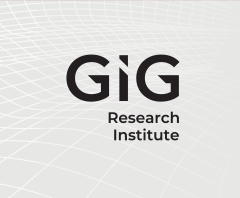Copper extraction by wet chemical method
Author ORCID Identifier
Peterson Mutembei Kugeria 0000-0002-8122-2478
Isaac Mwangi 0000-0002-0206-912X
Jackson Wachira 0000-0001-6081-8056
Peter Njoroge 0000-0002-0040-246X
Abstract
In many countries large deposits of copper with no locally established copper based industries occur because known methods for extraction are prohibitively expensive and unaffordable. This study reports on an affordable and sustainable method for the extraction of copper. This was achieved through the use of a wet chemical method which makes use of hydrazones prepared in situ from chicken dung leached solution. The method involves the reduction of copper (II) ions leached from copper ore to zero valence using chlorine treated solution prepared from chicken droppings at a temperature range of 60–70 °C. The ore samples were pulverized to 250 micro millimetres and leached with hydrochloric acid to obtain leachate containing copper ions. The dissolved copper was reduced to copper metal and obtained by filtration. It was confirmed by XRFS analysis that, the metal purity was found to range between 60 and 80% depending on the ore used. In another experiment, chicken waste solution was used to extract copper from the ore. To the mixture, chlorine gas was then bubbledthrough a glass delivery tube to prepare the hydrazone in situ at a temperature range of 60–70 °C and a pure copper metal was obtained. The findings from this study have shown that there is great potential for the production of copper at low cost and this could be applied in both small-scale cottage industries and large industries using readily available resources such as chicken dung.
Recommended Citation
Kugeria, Peterson Mutembei; Mwangi, Isaac; Wachira, Jackson; and Njoroge, Peter
(2018)
"Copper extraction by wet chemical method,"
Journal of Sustainable Mining: Vol. 17
:
Iss.
4
, Article 6.
Available at: https://doi.org/10.46873/2300-3960.1141
Creative Commons License

This work is licensed under a Creative Commons Attribution-Noncommercial-No Derivative Works 4.0 License.

